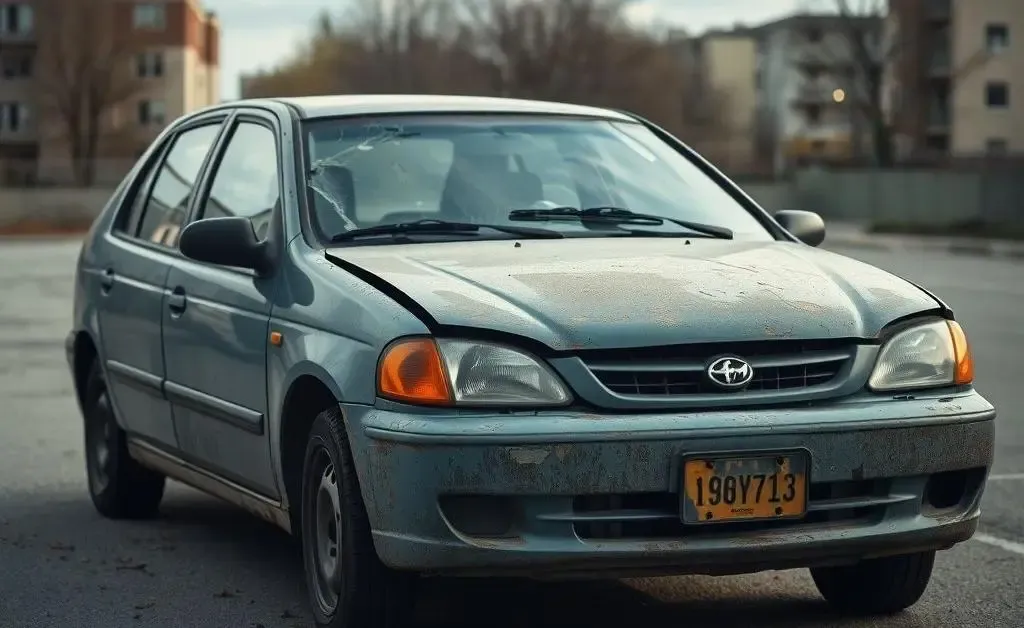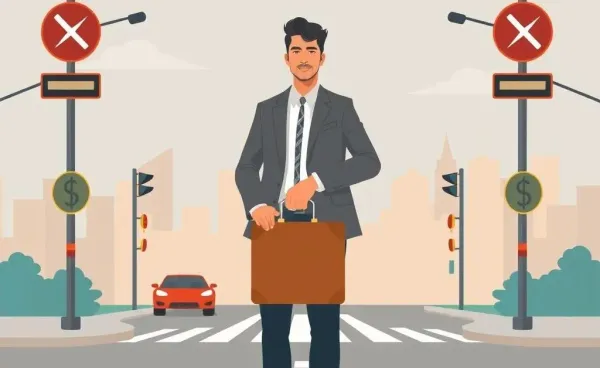Understanding Diminished Value in Car Insurance Claims
Explore how car accidents affect resale value and how to claim diminished value.

Have you ever wondered about the real impact of a car accident on your vehicle's value?
It might surprise you to learn that a car’s value can significantly drop after an accident, even if it has been fully repaired. This loss in value, known as diminished value, is something many car owners encounter but don’t fully understand.
So, what is Diminished Value?
In simple terms, diminished value refers to the reduction in a vehicle's market value after it has sustained damage. Even if repairs are extensive and done well, a vehicle with an accident history is often less appealing to potential buyers or dealers, resulting in a lower resale price.

Why does Diminished Value Matter?
Let's imagine this: you own a luxury car, carefully maintained over the years. One unfortunate day, it gets involved in a fender bender. While the repairs bring its appearance back to showroom condition, potential future buyers might question the extent of the damage and the quality of repairs. As a result, they may offer less than you anticipated when it’s time to sell.

Claiming Diminished Value
Not everyone knows this, but you might be able to file a claim for the diminished value of your vehicle. This depends on your insurance policy and local regulations. Here’s what you should consider:
- Documentation of the vehicle’s pre-accident condition and its current value post-repairs is crucial.
- It's often wise to get an independent appraisal to support your claim.
- Check if your policy covers diminished value claims.
Things to Keep in Mind
Dealing with diminished value can be daunting. However, being proactive can make the process smoother:
1. Understand your insurance coverage by reviewing your policy regularly.
2. Research your state’s laws regarding diminished value claims, as they can vary significantly.
3. Maintain thorough records of all communications and repairs.

Conclusion
Diminished value is a nuanced aspect of owning a vehicle after an accident. With a little research and understanding, you can better navigate this process and potentially reclaim some of your car's lost value. Have you ever dealt with a situation like this? What strategies did you use to manage the claim?




